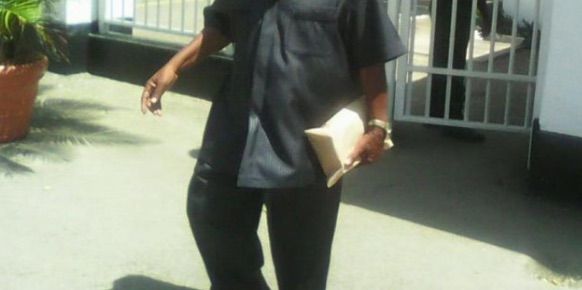The Central Bank of Kenya (CBK) has published new guidelines to assist Kenyan banks to assess and mitigate the risk that their institutions and systems may be used for money laundering (ML) or terrorism financing (TF).
They risk rules stipulate, among other proposals that:
- Senior management of banks are to implement board-approved money laundering/terror financing policies.
- Bank staff are to prepare periodic reports on money laundering and terrorism finance for their senior management and boards of the bank and also communicate these to the CBK.
- Financial institutions will be required to appoint a money laundering reporting officer who will be the point of contact for CBK.
- Banks should assess and rank TF and ML instances and actions in terms of high, moderate, and low risk.
- They should identify countries and regions that are high risk for business; high-risk includes countries subject to sanctions from the UN and other credible organizations, countries that don’t have appropriate banking safeguards and countries known to sponsor terrorism.
- Banks are to assess their customers for money laundering and terror financing risks; suspicious customer activities include frequent and unexplained movements of money to other accounts, or other institutions, and to far locations. They should also look at politically exposed persons who bank with them including prominent public figures, senior politicians, judicial officers, corporate CEO’s who dealing with them, or their families, may bring a reputational risk to the bank.
- Banks are to assess their service delivery channels for money laundering risks. They are to pay attention to cash-intensive businesses, including supermarkets, convenience stores, restaurants, retail stores, liquor stores, wholesale distributors, car dealers.
The guidelines follow an earlier directive on paper bag banking from two years ago. The new ML and TF rules are in draft form and bankers and any interested persons are invited to send comments to the CBK on the proposals before January 31, 2018.
